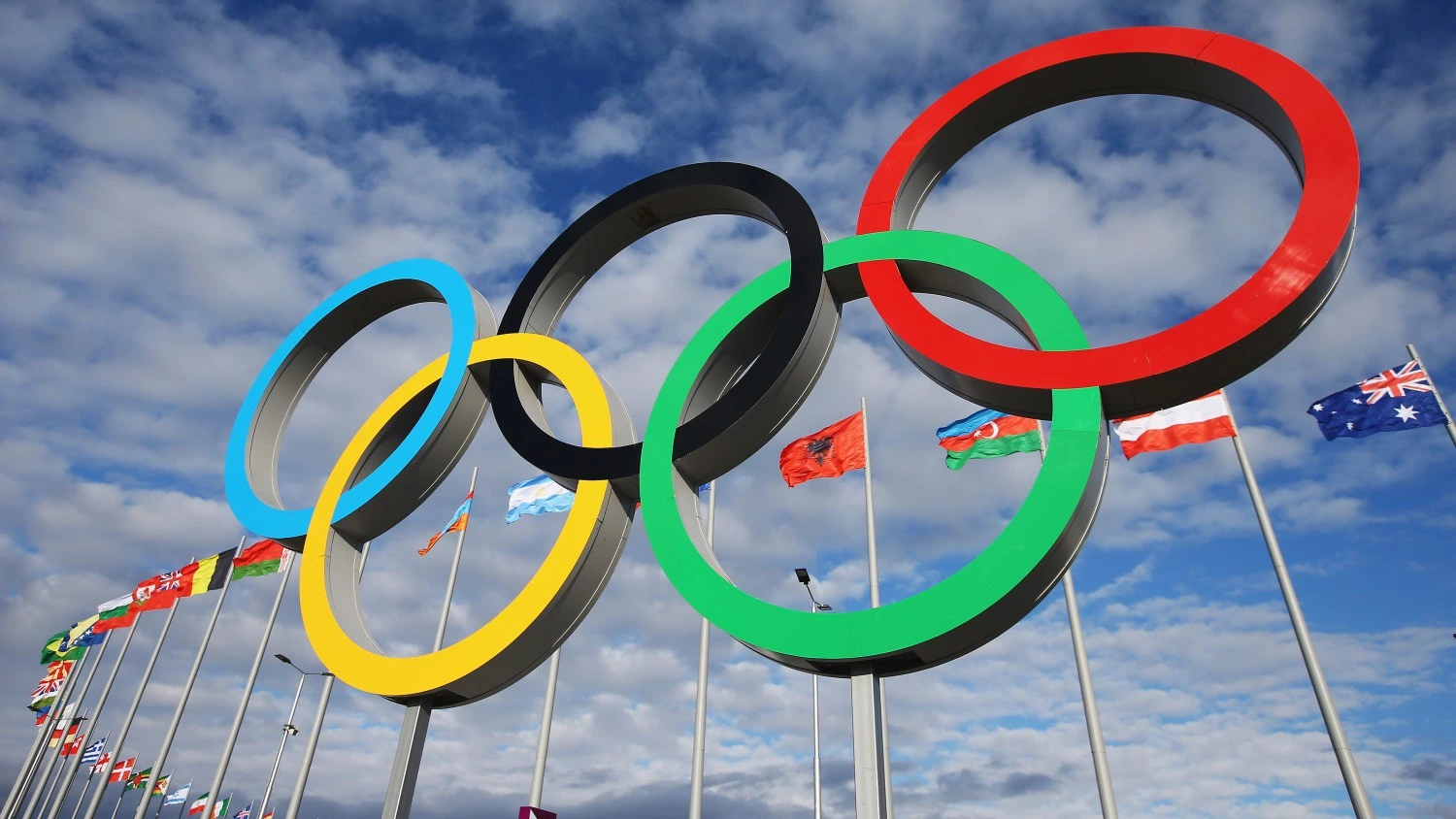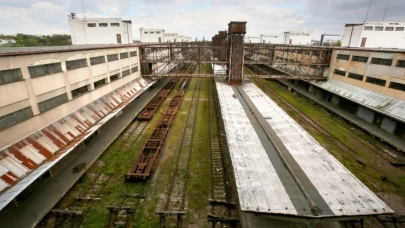The secret to victory
Hamburg, an earlier applicant for the 2024 Olympics, has now stepped down following a recent referendum, and it is easy to imagine that one or more of the cities remaining in the competition (Paris, Rome and Los Angeles) may also withdraw their applications. Budapest, however, cannot win the right to host the games simply by a process of elimination.
In the opinion of Andrea Sartori, Global Head of Sport at KPMG, “The foremost of the reasons boosting Budapest’s chances is the acceptance last year of the Agenda 2020 initiative, the purpose of which is to make the Olympics more sustainable in the areas of financing, the economy and the environment. We do not know how serious the IOC’s intentions are in this regard, but in any case the Agenda 2020 in itself favours the hosting of the Olympic Games by medium-sized cities such as Budapest.”
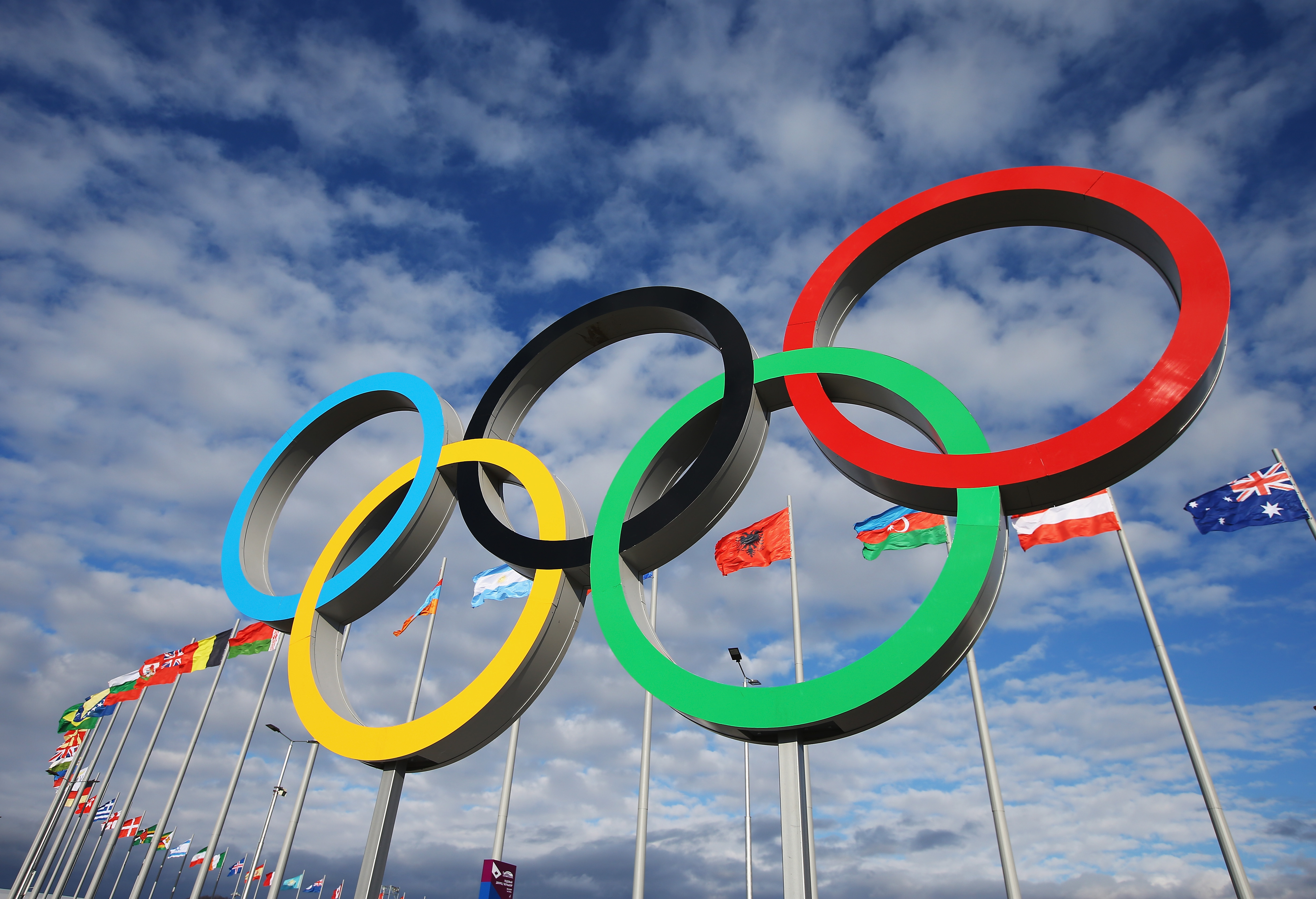
The fact that Budapest has undertaken to host the World Aquatics Championships in 2017, four years earlier than planned due to the withdrawal of Guadalajara, Mexico, was an extremely risky decision, but a clever one which increases its chances of hosting the Olympics, according to Sartori. After all, the July event will be held just six weeks before the IOC makes the decision in Lima on the right to host the 2024 Olympics. As many of those making and influencing the final decision are personally keeping track of the 2017 WAC in Budapest, if the aquatic games are organised successfully without any problems, the chances of the Hungarian application could be greatly enhanced. This means, of course, that there is no room for mistakes or any kind of scandal in the WAC.
Furthermore, the IOC often makes its decision on an emotional basis. What is really important is not the perfection of the details in the application, but that Budapest wins the votes of as many committee members as possible, by appropriate communication and lobbying. “You have to sell a story, not a plan interlaced with technical details”, says Sartori.
You don’t just plan for a fortnight
Although the infrastructure is in need of considerable improvement, there are no technical barriers to Budapest hosting the Olympics. However, as the residents of the country and the capital city will have to live with the Olympic heritage for many decades after the two weeks that the games last, it is important that Budapest come forward with a city development plan which is sustainable in the long term, and which is part of a larger urban and national development scheme.
Certain projects must be completed in the course of preparations, which in any case are part of the country’s long term development strategy. In an ideal case, these improvements will be made anyway sooner or later, and the Olympics just speed up the procedures.
The majority of sports facilities form exceptions to this logic – many investments would never be made if there were no Olympics. In terms of sustainability, the best possible solution to this problem is to put up temporary facilities, or to fit existing or otherwise necessary facilities with temporary stands. Or if a building of a temporary nature cannot be erected, then a means of subsequent use for it must be found in advance.
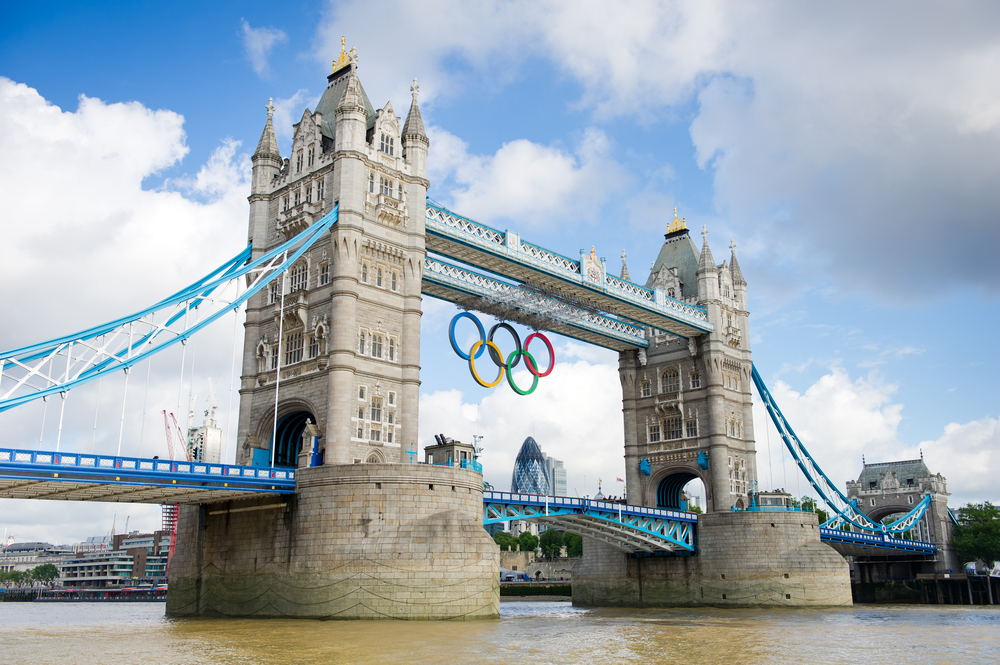
With regard to this kind of sustainability, the best example of Olympics in recent years is London, where 13 of the 24 Olympic sites were of a temporary nature, and a similar number of temporary facilities which will not burden the city in the long term are being constructed for the Rio Olympics in 2016. And a reassuring sign with respect to the Budapest Olympics is that the tem porary stand method is being used in the Dagály Complex, under construction for the 2017 World Aquatic Championships.
Plans are taking shape
Those producing the Budapest feasibility study have kept the objectives of Agenda 2020 in mind when selecting possible sites. The goal was to maximise the subsequent utilisation of each site, to incorporate or fit the given territory, without extra development or with minimal improvement, into development plans independent of the Olympics.
The Olympics would be held on thirty eight competition sites, of which 24 are already suitable for hosting the event, or can be made so. Among these are the Groupama Arena, the Papp László Sports Arena, the Szusza Ferenc Stadium, the Dagály Swimming Pool and the Puskás Ferenc Stadium. Besides the 24 sites already in existence or under construction, 4 facilities would be built for the 2024 Budapest Olympics which can be partially dismantled, as well as 10 temporary sites which may subsequently be totally demolished, and there is no need at all to build a new training site, just to convert and renovate existing ones.
Two metropolitan zones and seven clusters are featured in the Budapest application, as well as three more separate competition sites within the administrative boundaries of the capital. Each cluster is located within a 10 kilometre radius of the Olympic village and a six kilometre radius of the city centre. The centre is the Olympic Park cluster, which is planned for the Kvassy Lock area, in districts 9, 10 and 21, and the three separate competition sites would be on Etele Square, the Nagytétényi Shooting Range and on Testvérhegy.
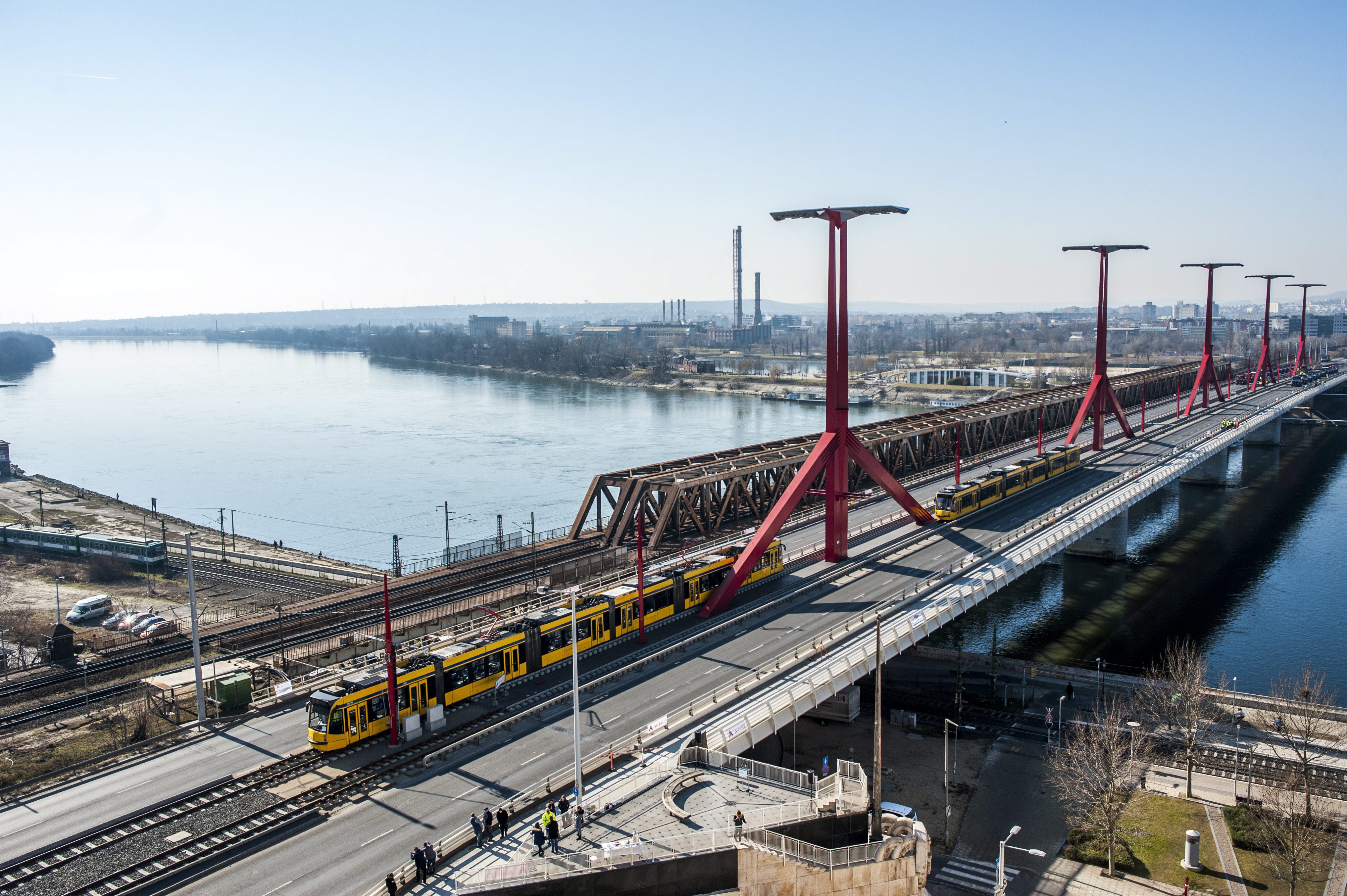
The main Olympic site includes the most important Olympic facilities: the main stadium, the Olympic village and the broadcasting and press centre. After weighing a number of criteria, the choice of site fell on the Kvassay Lock region, and the main stadium would be located in the Vituki area. The main stadium could be a truly impressive element of the Olympics, due to its position directly on the waterfront. This would be encircled with the large green surface of the Olympic Park, which would later become an enduring and extended section of the city park, and following reduction in size, the main stadium could continue to function as an athletics stadium accommodating 15 thousand. The Olympic village would be located on the left bank of the RáckeveSoroksár Danube branch at the level of the northern tip of Csepel Island, on the site of the former Duna City project. Some of the flats in the village could later be sold on the market as residential properties, whilst others could serve as public service flats, or even as student accommodation.
The media centre would be located on the Lágymányos side of the Danube, which could subsequently be utilised as rented offices or administrative headquarters, but sale on the market to investors is also feasible. The media village would be located in several sections of the city where extension of new residential areas is needed, and where subsequent use would be similar to that of the Olympic village flats. The technical village, where the personnel running the sports events would be accommodated, would be constructed on properties on the bank of Foka Bay. The flats would later be sold as residential properties, or usage as public service flats or student accommodation is also conceivable.
The selection of the other sites was strongly linked with the location of the main site, and this was made in consideration of relative distances, transport options and travelling times. Some of the sports venues would be located on the Danube bank, some in the junction area, mainly being concentrated close to the main venue, largely on the Pest side, but with some on the Buda side. Certain sports events would be housed on other sites, such as Istvánmező and the vicinity of the Puskás Ferenc Stadium, as well as the Danube islands (Óbuda Island, Margaret Island), and the area and surroundings of Dagály Swimming Pool.
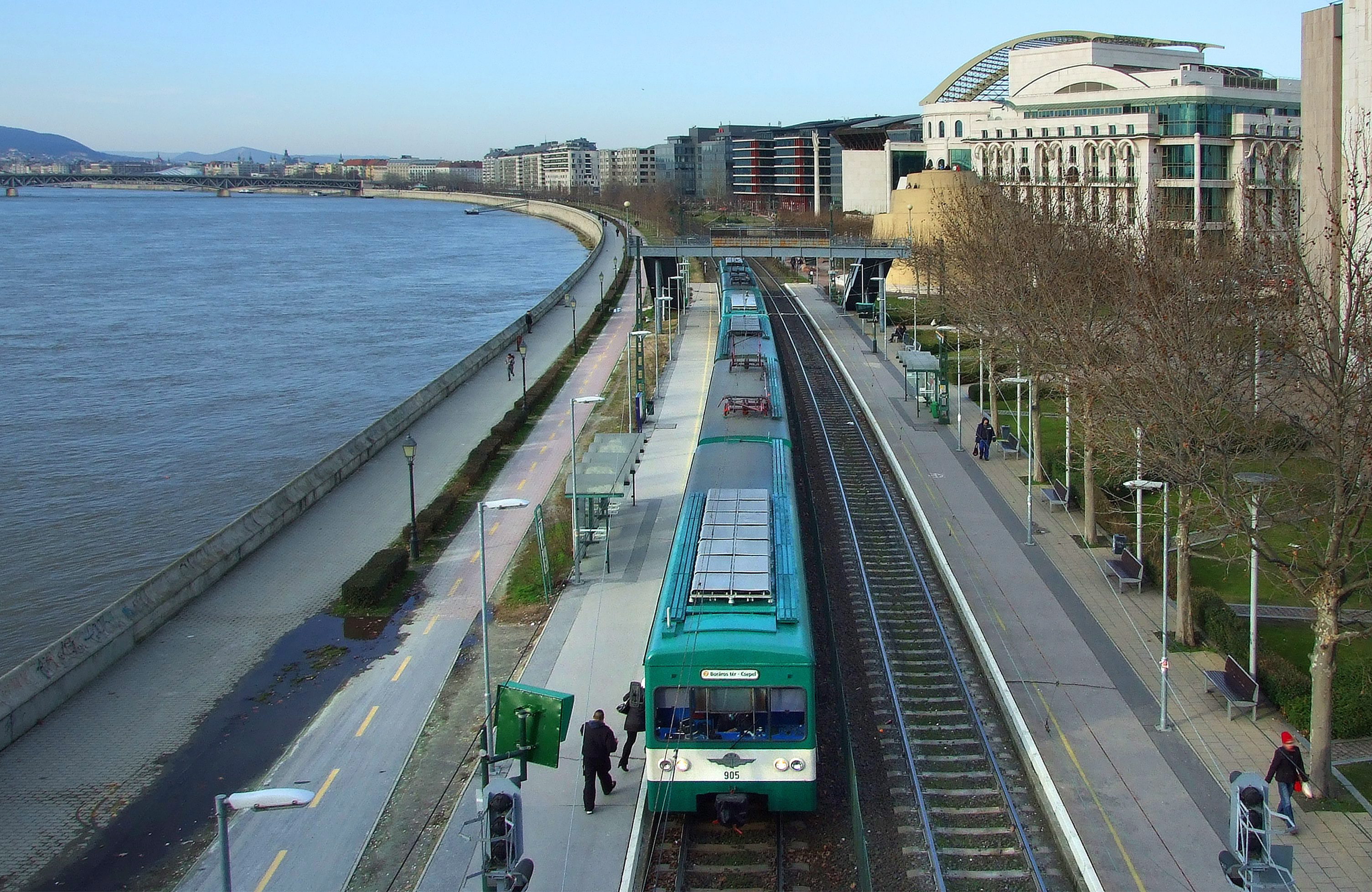
The sports facilities planned for the western side of the tip of Csepel Island would also form part of the main venue (kayak slalom run, velodrome and BMX track), which would later be linked to the city park. The athletics warm-up tracks would be located on the east side of Csepel Island, whilst the tennis centre would be housed alongside the press and broadcasting centre to be established to the south of the Buda end of Rákóczi Bridge.
Besides Budapest, certain provincial venues could play a role in hosting the Olympics. These could include Debrecen, Szeged, Miskolc, Székesfehérvár, Balatonfüred, Veszprém, Szombathely, Győr, Göd and Dunakeszi-Alag.
Boost to the property market
The Budapest property market could not only be significantly impacted if the city wins the right to host the Games, but the application itself could produce a positive yield. Budapest is at present behind Prague in terms of popularity as a tourist destination, so making people more aware of the city could do the domestic property market some good. After all, by submitting the application the city can attract the attention of the world press, which for a city of such size counts a great deal more than in the case of major cities such as Rome, Paris or Los Angeles, which are already much better known. Immediately before the final vote, however, even greater attention could be directed at the Budapest application, which could arouse the interest of more tourists or companies in our country.
If Budapest actually does win the right to host the Olympics, the infrastructure and property developments associated with this could significantly transform the appearance of the capital. Certain areas could be given opportunities, and be renovated, which were previously in an extremely dilapidated condition. The northern part of Csepel Island is at present the largest interconnected area of non-built-up land in the capital, so it has many advantageous features. There have previously been ideas on how the land should be utilised, for instance, at one time there were plans to assign this as Budapest’s high-rise belt. The area on the Pest side of the Danube has likewise been waiting for an answer for a long time, where the Duna City project was imagined in 2005, and for which a prospectus was produced for investors in 2009, at the time of the crisis, but then nothing came of the plans.
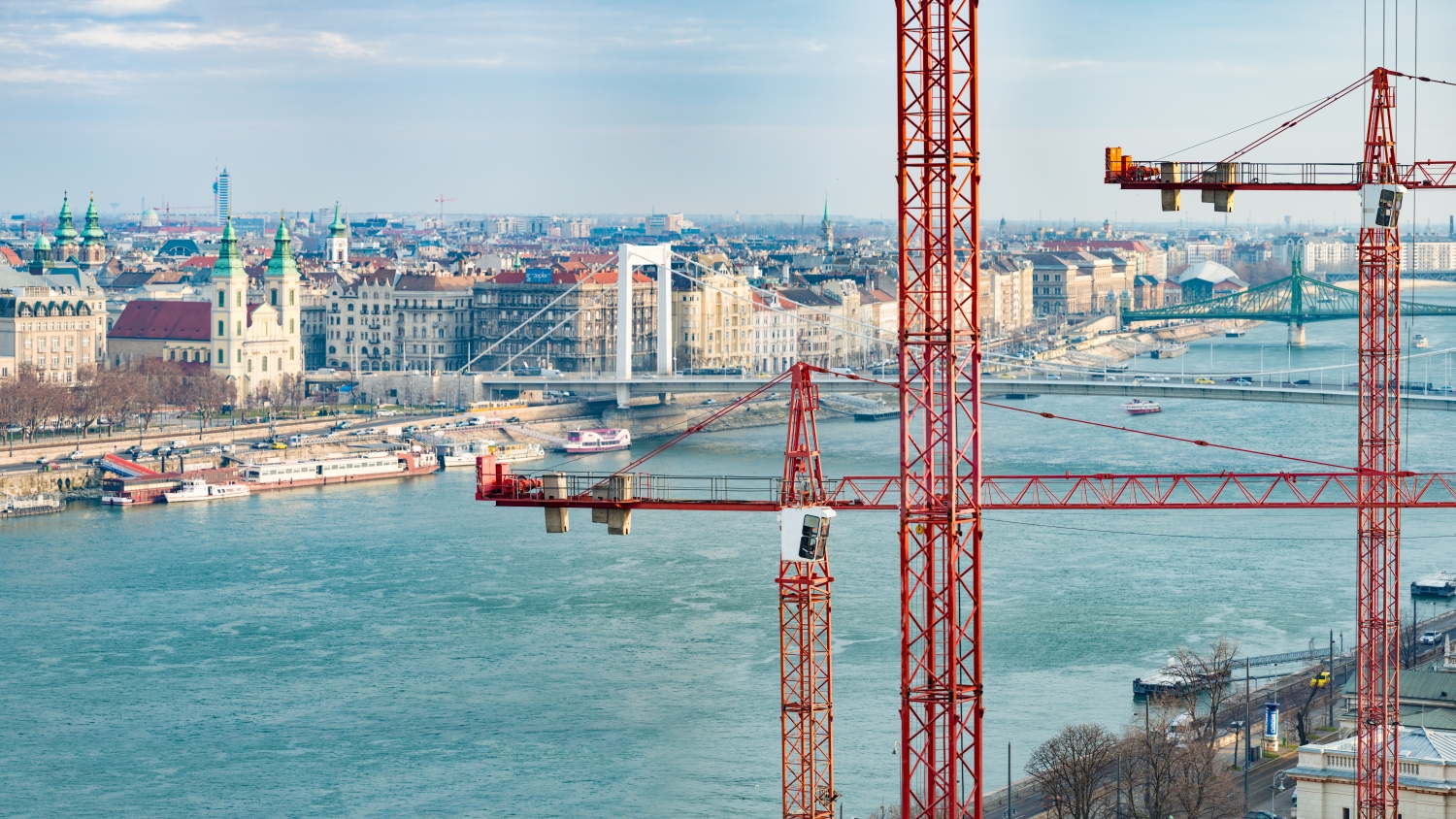
Not only the areas mentioned and the sites hosting the Games may benefit directly from the Olympics, the change may also have a positive influence on the property market in neighbouring locations, for instance, interest in Csepel, or districts 9 or 21 may be enlivened.
The transforming effect of the Olympics on a city is clearly shown by the fact that during the last, 2012 London Games, a whole city section was restored with the aid of the Olympic village. The properties and residential buildings constructed for the summer Games of four years ago are already producing income for the city.
Do we need this?
The idea of Budapest winning the right to host the 2024 Olympic Games seems far from impossible. If the associated projects can be completed on the basis of well thought-out plans which take the long-term interests of the city into consideration, without exceeding costs or missing deadlines, the Olympics could have a huge impact on the development of the city. Not only would the specific competition sites be resuscitated, but the property markets in numerous other city sections could also profit from the Games, and furthermore, the huge attention directed at Budapest would hardly leave tourism unaffected. The great opportunities are of course associated with enormous risk: certain wrongly chosen developments could do more harm than good.
The greatest risk in the arrangement, however, lies in corruption, the dangers of which have also been mentioned by Balázs Fürjes, government commissioner responsible for special Budapest investments.
